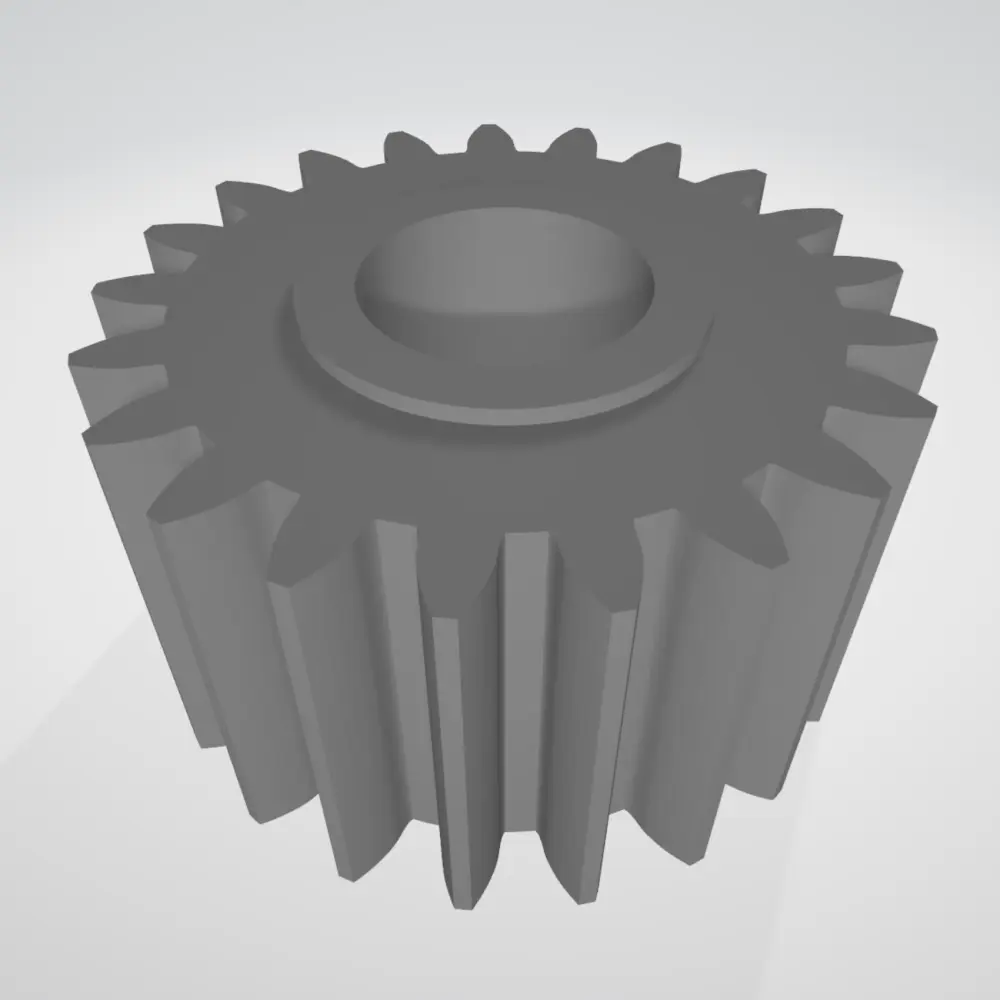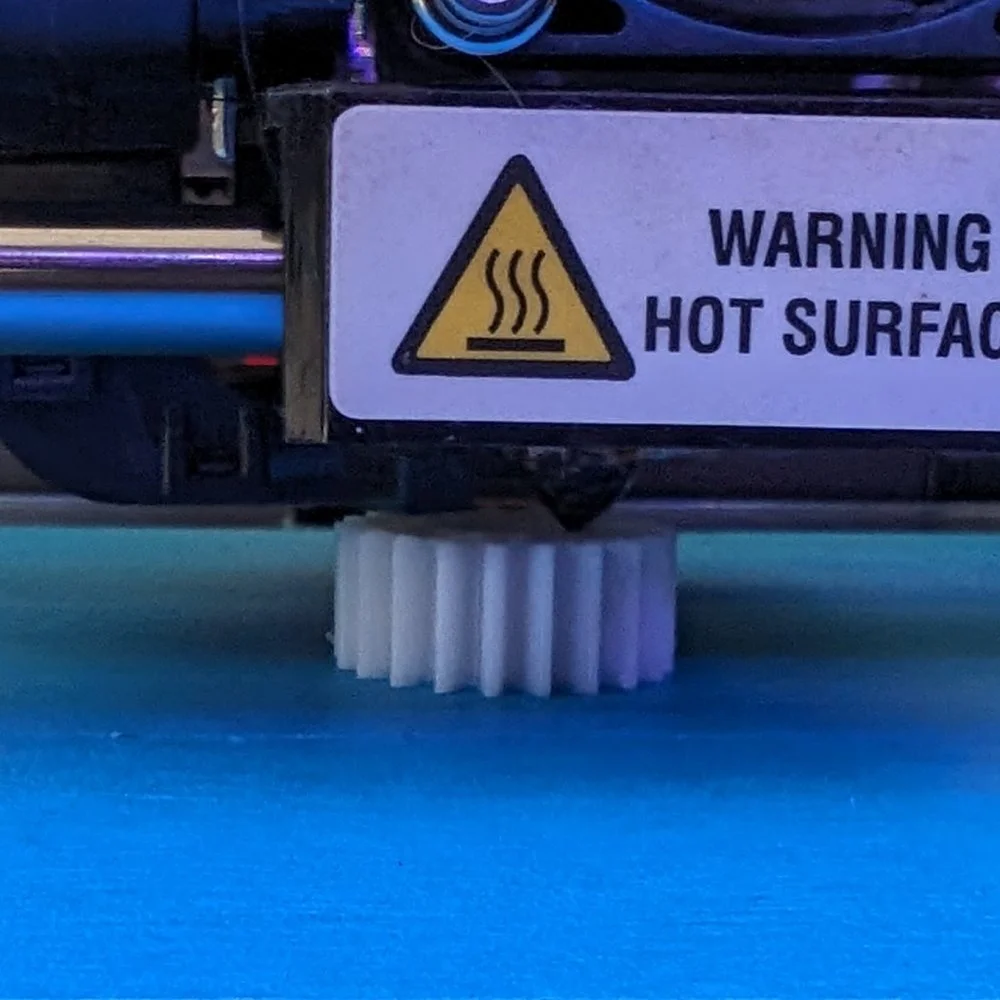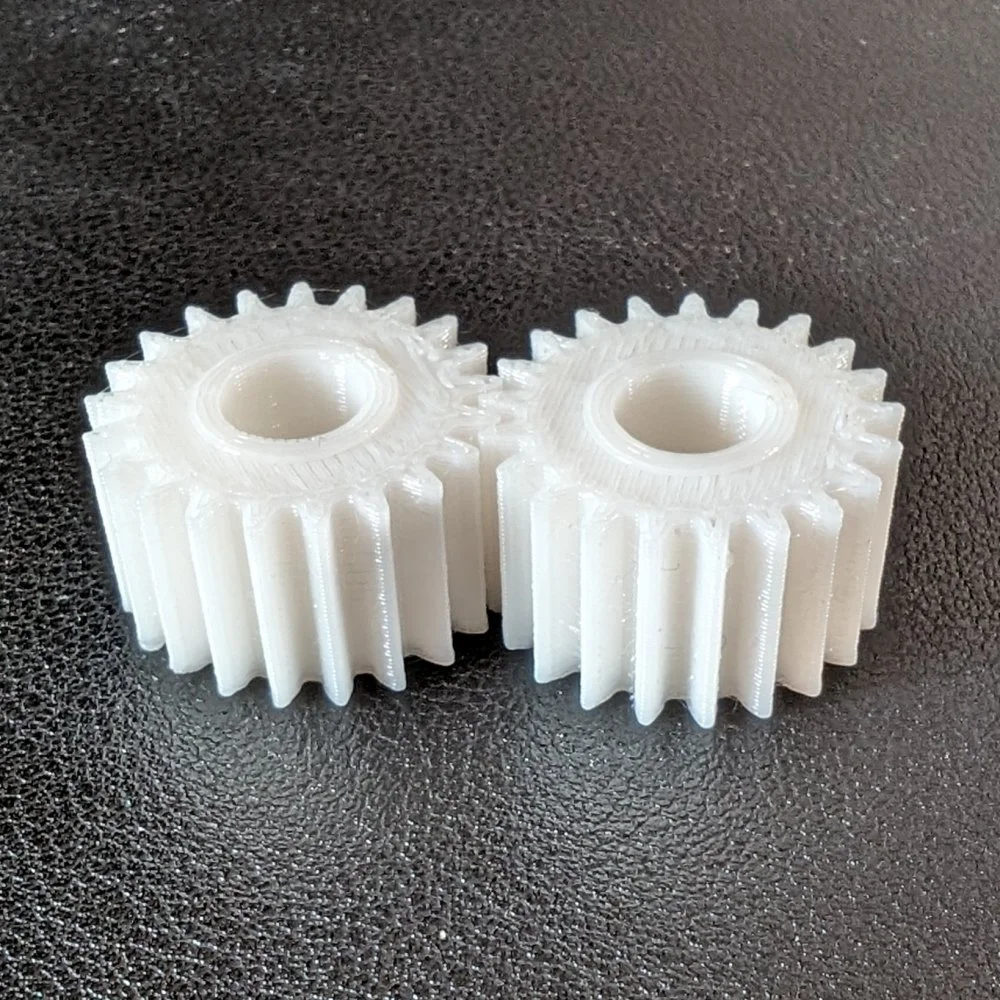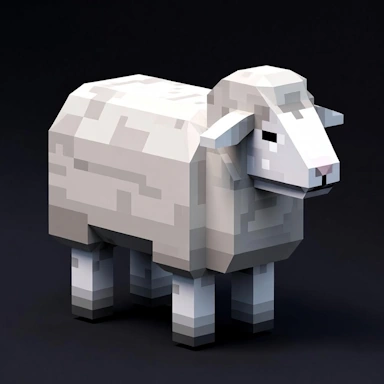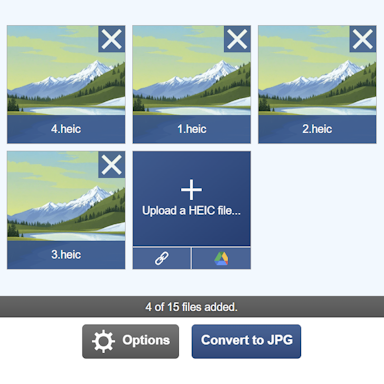How does it work?
Converting from the Blender file format to STL can be a complex process, and any tool used for this conversion process needs to be able to handle a variety of data conversion tasks as well as identify any defects within the 3D model and fix them. Here we will explain the conversion process used by our tool to accurately convert your Blender file to a valid STL 3D model. Let's start with the conversion process, which involves the following steps:
Step 1: Read the Source Blender File
In its simplest form, an Blender file is a binary data file containing 3D data such as vertices, faces, normals, and more. When combined, these make up the 3D model you see on your screen.
When our tool reads this 3D data, all we are interested in are the vertices, faces, and normals, as this is the only data that can be accurately converted into the final STL file.
The Blender file can contain other data, such as material definitions and textures, that describe how a particular set of 3D geometry should be rendered. As we are creating an STL file, which does not support materials and textures, we will be ignoring this data if it is present in the Blender file.
For more information regarding the Blender file format, please see this great article that goes into a lot of detail explaining the Blender format.
Step 2: Process File Data
With the Blender file data read, our tool generates an internal representation of the full 3D model and will attempt to fix any geometry issues encountered. Along with repairing any issues with the 3D model, the tool will remove any duplicated vertices and prepare the model for exporting to the STL format.

Step 3: Saving to the STL Format
The STL format has been around for many years and has become not only a standard format for storing and transmitting 3D models but also a standard format for 3D printing, something we have talked about previously. STL files can be opened in most modern 3D editing applications without further processing.
To enable the saving of the model, our tool now needs to take the in-memory 3D model we have created in step 2 and convert this to the STL format. As the STL format supports only simple triangles with a single directional normal, if your Blender contains vertex normals, these will be recalculated into a single-face normal. To ensure an efficient file size, our tool will always save any STL file in its binary format.
